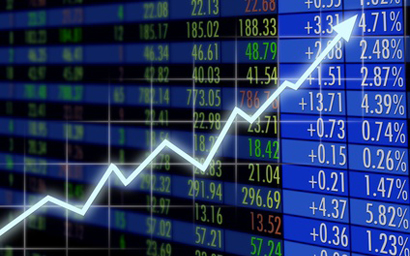Things just seem to be getting better and better for investors in Germany. Commentators have been saying that Germany is the only European country worth investing in, and the figures seem to be contriving to prove them right.
In 2009, the Dax 30 index returned 23.8% in euro terms, and this was followed by a none-too-shabby 16.1% in 2010 – or double the figure for the MSCI Europe.
On the basis that what goes up must come down, one might then expect a dip this year. However, Robert Smith, who manages the Baring German Growth Trust for Baring Asset Management, believes 2011 could in fact put the past two years in the shade.
Announcing what he calls “the third year of a recovery cycle” for the Dax, Smith notes that in four of the past five recessions the Dax has performed better in year three of the recovery period than in year two. Hopes of a repeat performance are justified on this occasion by a wealth of positive economic data. Consumer confidence in Germany is higher than last year, unemployment has fallen each month this year, tumbling by 55,000 in March alone, and new orders are on the increase.
“In our opinion, these conditions in the German economy will create a virtuous circle, whereby the decrease in the unemployment figures will lead to more consumer confidence and higher domestic demand,” says Smith.
Smith sees further positives in the high German savings rate, which he believes must come down by hook or by crook with the result that Germans will spend more on goods and services in the coming months, thus augmenting domestic demand further still. This belief is reflected in Smith’s portfolio choices. Almost 21% of the Baring German Growth Trust is invested in the high-quality consumer goods sector – the largest sector in the fund’s portfolio.
Of course all this good news could spark inflationary fears. But Smith believes the risk of wage inflation in Germany will be mitigated my migration from abroad. The transition agreement which allowed Germany to limit migration from the countries which joined the EU in 2004 having run out, migration to Germany from central and eastern Europe is expected to increase.
But Achtung! It could of course all go the other way. Past recessions may not be a guide to future recessions. And there was that one recession when year three was not better than year two in Germany. That was back in 1984 when Germany was West Germany and the world was a very different place. In that year, the Dax rose by a desultory 4.4% after sky-rocketing by 40.2% in 1983.
©2011 funds europe





